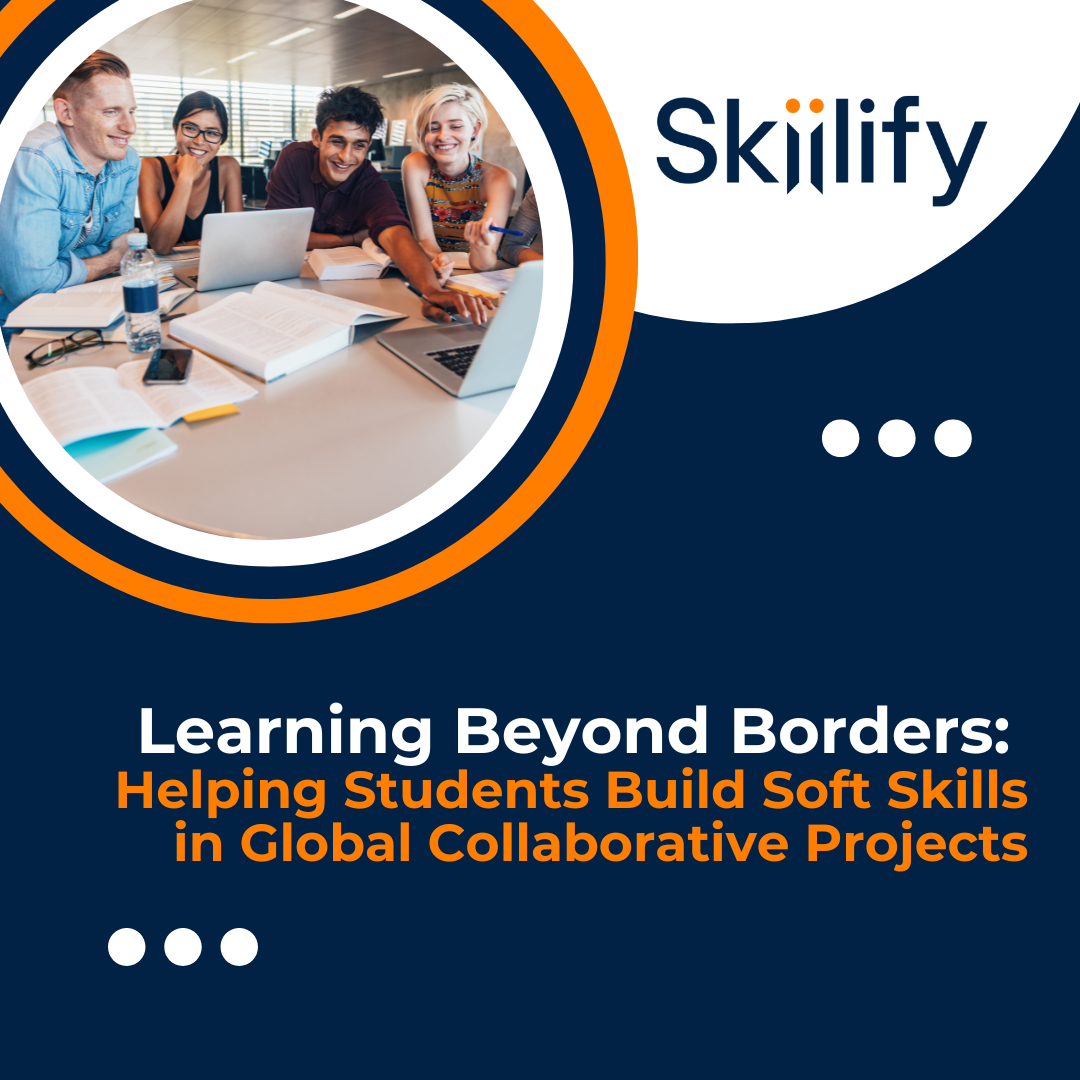
Learning Beyond Borders: Helping Students Build Soft Skills in Global Collaborative Projects
Global student projects are designed to mirror real-world teamwork, yet they often stumble on the same obstacles professionals face:
· Misunderstandings about deadlines or task ownership.
· Frustration with communication styles that feel too blunt or too indirect.
· Tension between students who push for efficiency and those who prioritize group harmony.
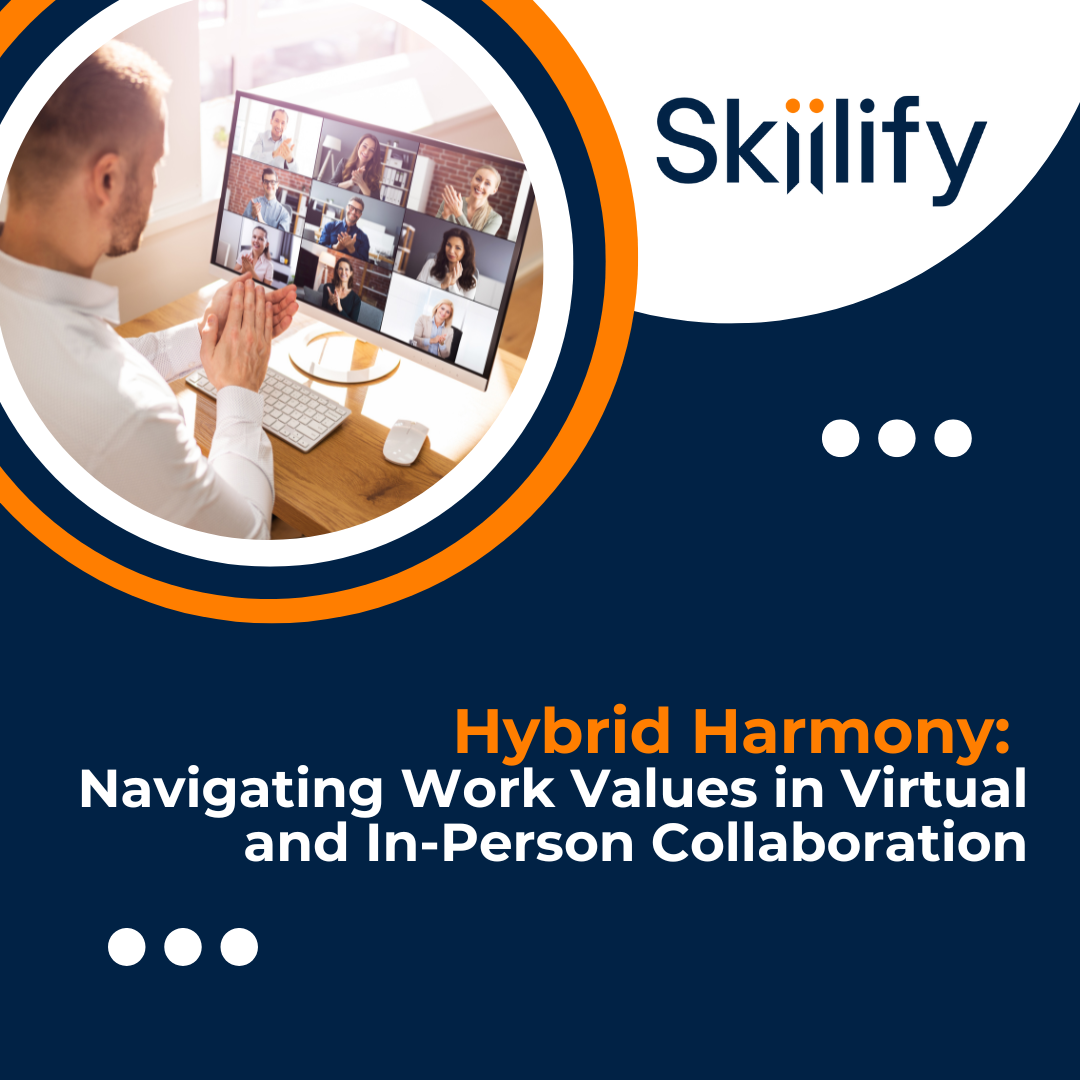
Hybrid Harmony: Navigating Work Values in Collaboration
Hybrid work has become a default reality for many teams. Some days are spent face-to-face, others in virtual spaces. While the logistics of hybrid work often get the most attention (e.g., technology platforms, meeting formats, office schedules) the deeper challenge lies in how individual work values show up differently across these contexts.

How Work Values Shape the Way Team Members Handle Deadlines
Every team faces deadlines. The difference between a group that strains under pressure and a group that thrives often comes down to how well they understand the values behind their behaviors. When managers treat deadlines as opportunities to surface and align values, they create teams that can deliver consistently, without the frictions that erode performance and morale.
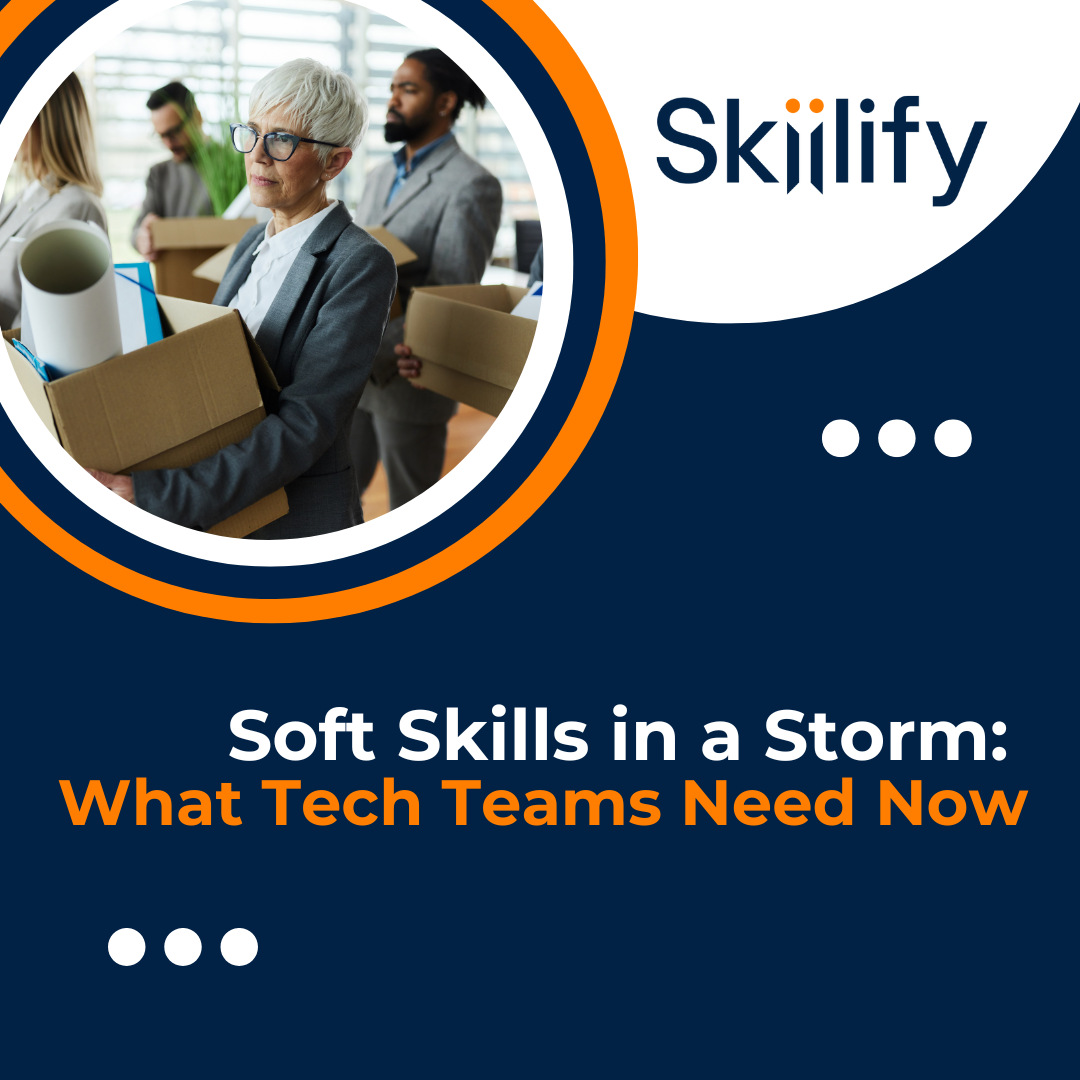
Soft Skills in a Storm: What Tech Teams Need Now
Tim King at Solutions Review ran recent LinkedIn poll asking tech leaders: What’s the #1 disruption you’re bracing for? More than half, 53% to be precise, answered organizational restructuring or layoffs. Not AI. Not burnout. Not global complexity. While they all could be interrelated, restructuring and downsizing topped the list by a wide margin.

How to Build a Resilient Team
When a team has resilience baked into its culture, it creates a working environment where people take smart risks. Where experimentation isn’t met with fear. Where momentum doesn’t get lost when things go wrong. Resilience is a speed skill, shortening the distance between failure and success.
Want to help your team build resilience—and the other soft skills that fuel performance under pressure?

Leaders: Stop Waiting for Certainty — Build this Competency Instead
If you’re waiting for things to become clearer before you act, you’re already behind. The future belongs to those who can lead through the fog.
At Skiilify, we help teams build the six soft skills that matter most—like resilience, curiosity, and yes, tolerance of ambiguity. Want to future-proof your workforce?

The Real Problem with AI Disruption? We’re Running Out of Time
More than 60% of companies reported plans to implement AI within the next 12 months, automating tasks that people are still doing today.
This means we’re facing a dangerous misalignment. Our professional timelines are out of sync with business realities. And this misalignment is magnified by the evolving demands of the modern workforce.

Applying Lessons from AI Counseling Research to BridgeIt, the Cultural Coach
You cannot study or memorize facts to acquire soft skills anymore than you could memorize facts to reduce an anxiety disorder or depression. Skills are practiced acts, and everyone’s practice can benefit from coaching. And coaching, when done right, doesn’t always require a human. With the proper guardrails, science-based, and smart design BridgeItcan play a powerful role in helping people thrive in situations of novelty, complexity, uncertainty, and diversity.

The World Isn’t Just VUCA Anymore—It’s BANI. Are You Ready?
BANI stands for Brittle. Anxious. Nonlinear. Incomprehensible.
Jamais Cascio from the Institute for the Future introduced this framework to describe the reality we face: fragile systems that break under pressure, overwhelming uncertainty, unpredictable cause-and-effect, and complexity beyond comprehension.
So, how do we succeed in a BANI world?
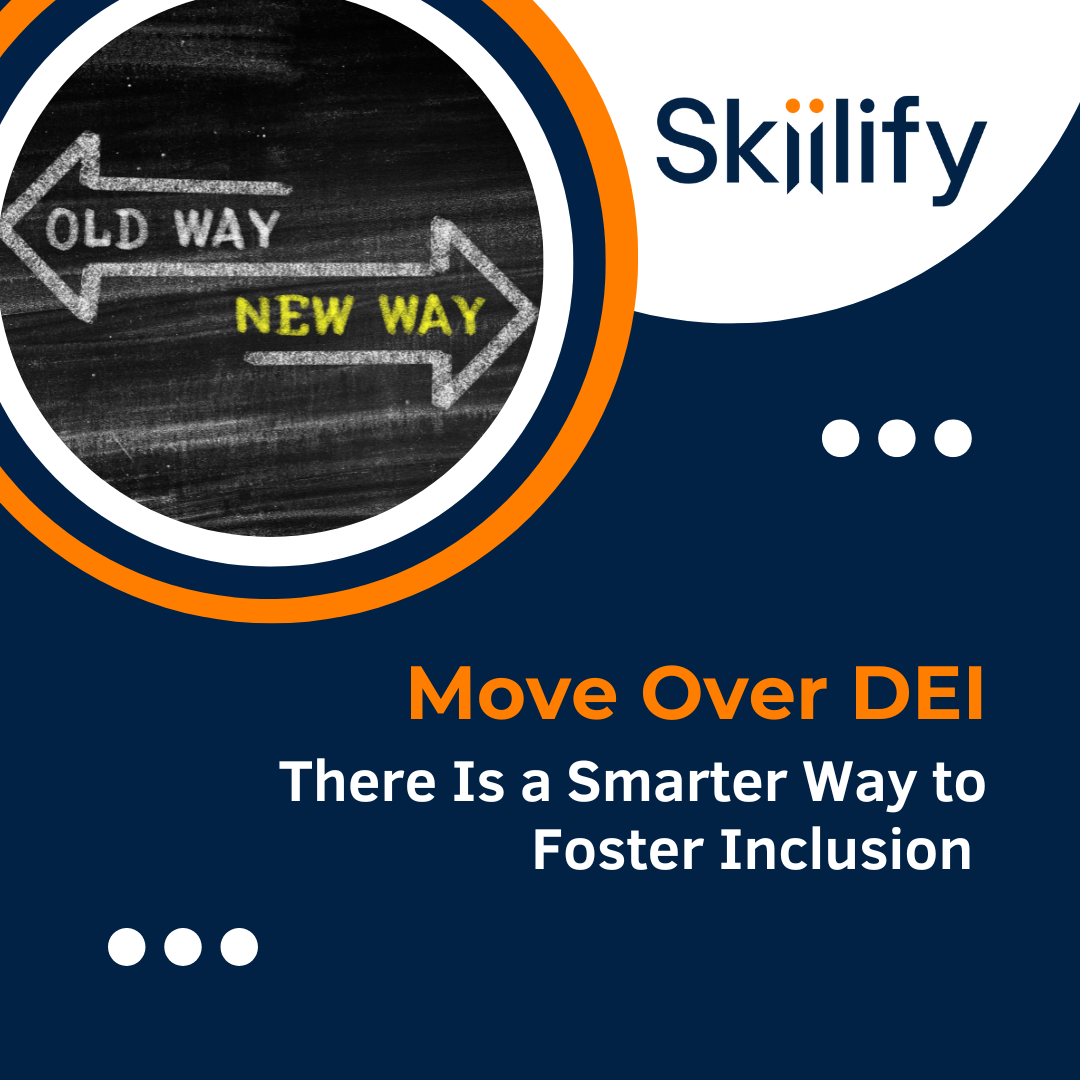
Move Over DEI: There Is a Smarter Way to Foster Inclusion
True inclusion isn’t about performative efforts—it’s about creating workplaces where everyone can thrive. Companies embracing cultural agility are setting a new standard, moving beyond outdated DEI initiatives to drive real, measurable impact.
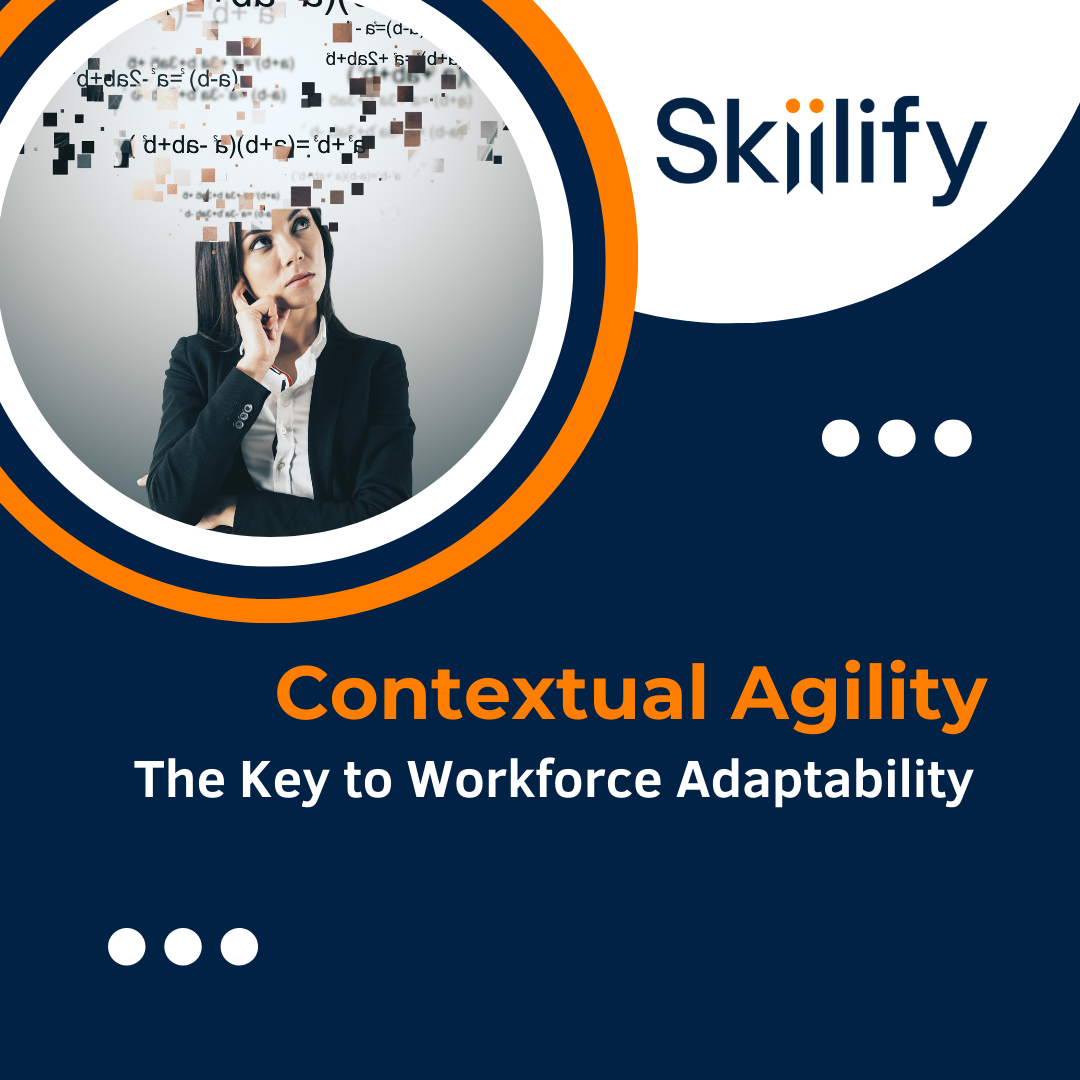
The Key to Workforce Adaptability: Contextual Agility
In today’s unpredictable and interconnected world, organizations face an unprecedented level of complexity and ambiguity. Adapting to these challenges is not a matter of chance—it’s a matter of cultivating the right competencies. That’s where contextual agility comes in.
Contextual agility is the ability to assess, understand, and effectively navigate diverse and ever-changing environments. Building a workforce with this capability is not a quick fix; it’s a continuous journey of development.

The #1 Reason Your Remote Team is Failing
As businesses expand globally, managing remote teams across diverse cultures has become essential. While remote work offers flexibility and access to global talent, challenges arise when cultural differences are overlooked. Companies often fail to recognize the importance of developing cultural agility, leading to miscommunication, low engagement, and productivity loss. Here are five common pitfalls…

Why Your Expats Say That the Cross-Cultural Training Didn’t Help
If you’ve received feedback from your expats that,“The cross-cultural training didn’t really help,” you’re not alone. Companies often invest in cross-cultural training programs, but when employees are on the ground (or figuratively, if virtual), those efforts fall short. Why? Because traditional training focuses too much on surface-level “dos and don’ts”—without equipping people to navigate real-world cultural complexities.
